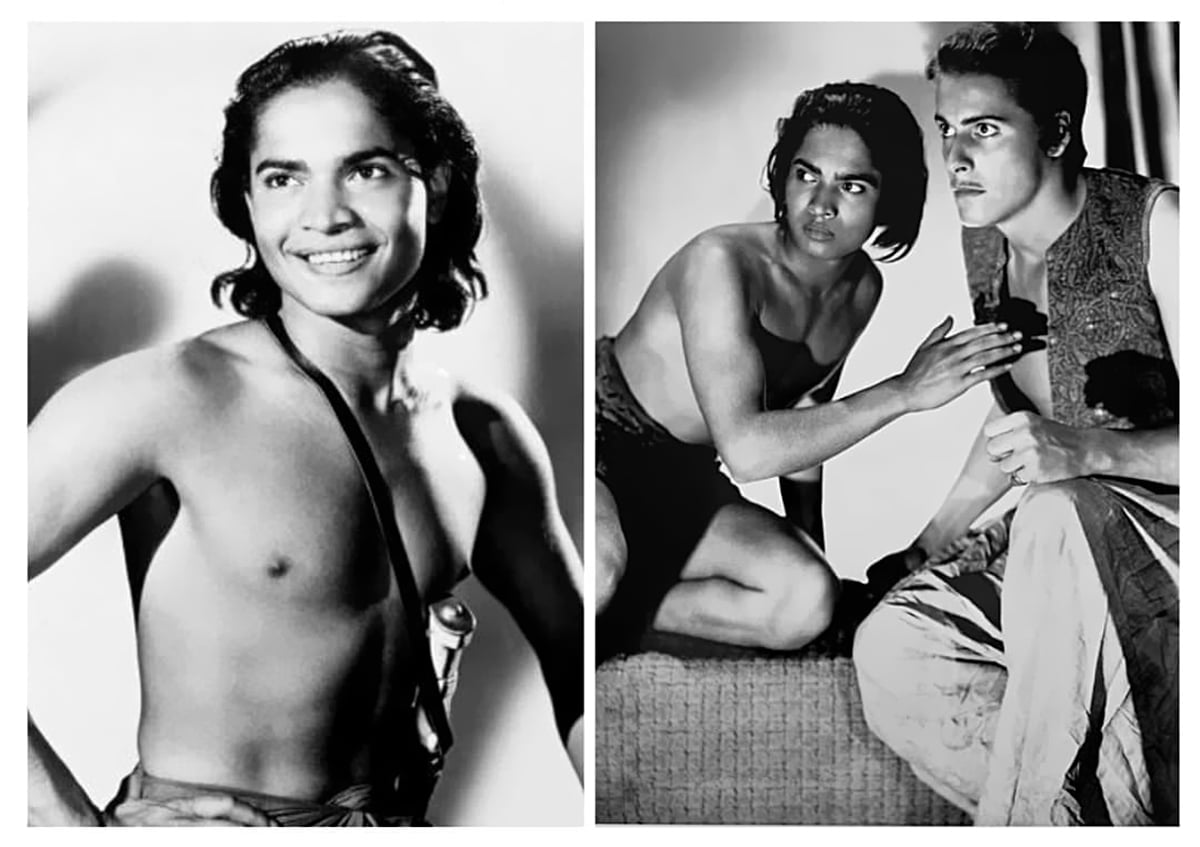Born in 1924, Sabu Dastagir, an iconic Indian-American actor, made an enduring impact on Hollywood’s Golden Age. Originating from the small village of Karapura, Mysore, India, he was honored with a place on the Hollywood Walk of Fame in 1960, marking a remarkable journey to stardom akin to a cinematic fairy tale.
Discovered by documentary filmmaker Robert J. Flaherty, Sabu rose to prominence with his debut in “Elephant Boy” (1937), based on Rudyard Kipling’s story, at the tender age of 13, captivating audiences with his innate talent and charisma.
Spanning over two decades, Sabu’s career showcased unforgettable performances in classics such as “The Drum” (1948), “The Thief of Bagdad” (1940), and “Jungle Book” (1942), along with notable roles in films like “Arabian Nights” (1942), “White Savage” (1943), “Cobra Woman” (1944), “Black Narcissus,” and “The End of the River” (both 1947). His on-screen presence, marked by genuine innocence and athleticism, endeared him to viewers globally. Beyond his cinematic feats, Sabu’s life exemplifies breaking cultural barriers and fostering diverse representation in the film industry.
Becoming a U.S. citizen in 1944, Sabu served in the United States Army Air Forces during World War II, undertaking roles as a tail gunner and ball-turret gunner on B-24 Liberators.
On October 19, 1948, Sabu wedded small-time actress Marilyn Cooper, with whom he had two children: singer, songwriter, producer, and guitarist Paul Sabu, and Jasmine Sabu, an animal trainer.
Tragically, Sabu passed away suddenly in 1963 at the age of 40, yet his legacy endures as a pioneer and a symbol of cross-cultural collaboration.


